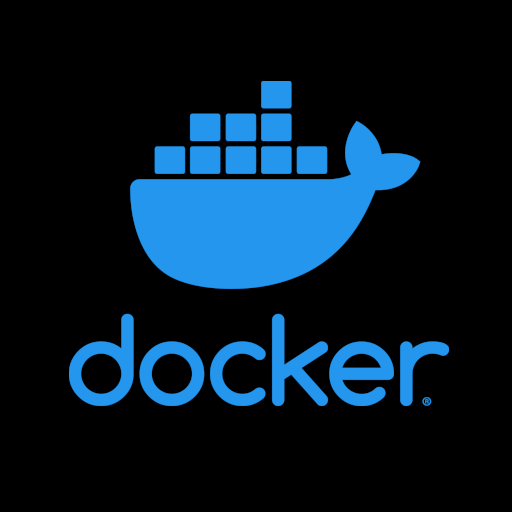

fundamentally, an llm doesn’t “use” individual sources for any answer. it is just a function approximator, and as such every datapoint influences the result, just more if it closely aligns with the input.
reject humanity, become toaster | she/they | experimenting with names


fundamentally, an llm doesn’t “use” individual sources for any answer. it is just a function approximator, and as such every datapoint influences the result, just more if it closely aligns with the input.


it was forbidden before?


when you say /home/(removed)/... is that verbatim, or is (removed) supposed to indicate you redacted that part?


have you tried opening a shell inside the container and looking around if anything is mounted where it’s supposed to?


Yes, but why would you want to? We have enough addresses for the foreseeable future.


Note: not every provider supports this.
Also, gmail addresses ignore periods. my.email@gmail.com and myem.ail+service@gmail.com will end up in the same inbox


You can use a DNS challenge to show you are in control of the domain without having anything exposed to the net. Essentially LE gives you a special value you have to add as a TXT DNS entry. LE will check if this record exists for your domain, and gives you a certificate, no public IP involved. This even allows you to create wildcard certificates.
it allows easy scripting. also for frequently used commands, i can just scroll up in the history, instead if clicking the same buttons over and over


each commit points to the one before. additionally a commit stores which lines in which files changed compared to the previous commit. a branch points to a particular commit.


it’s just linked lists of commits (except when merging)


I’m a bit inexperienced in this aspect, but:


you can also use the -f option to specify the compose file without going to it.
fun situations can arise when you write , instead of ; For those not in the know, in c++ the comma operator evaluates the left expression, discards the value, then evaluates the right expression and returns the value. if you now have a a situation like this
int i = 0,
printf("some message");
i has a completely different value, since it actually uses the return value of printf instead


Did you set the modem to bridge mode/DMZ, or alternatively set it to port forward to the router. The router should then port forward to the server.


Are you sure the IP address in duckdns is correct? Do you have a static or dynamic public IP, and if dynamic, how are you updating it?


no love for godot?
proposal to rename exit() to oh_shit_oh_shit_oh_shit()

Thanks, i know.


Witcher 3. Just huge walls of text, teaching you the most intricate details of some mechanics, and not enough for others.
Bitwarden, i can self host it and it is quite convenient to have official apps for all platforms i use.